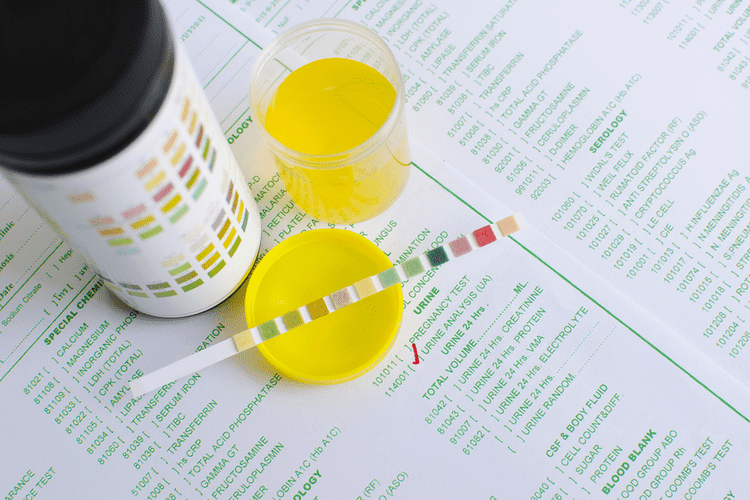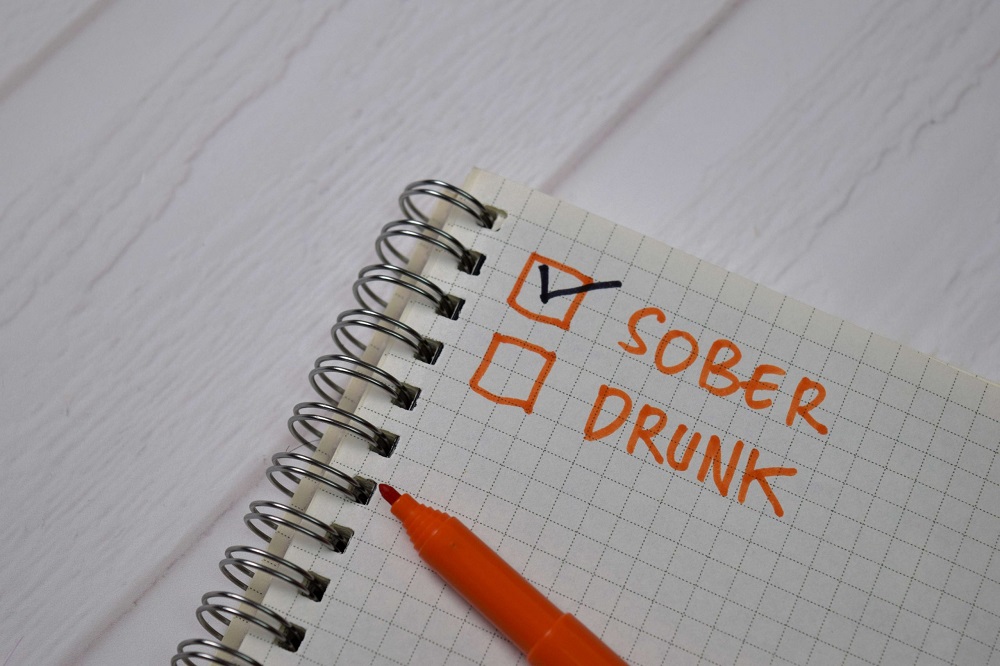Supervised detox is usually necessary to overcome withdrawal. A severe relapse may require inpatient treatment, but outpatient therapy may be appropriate for some people. During treatment, clients will learn why they relapsed and take steps to prevent another relapse in the future. People who attend therapy learn skills and strategies for preventing relapse. During rehab, many people create specific plans for risky situations or times when they feel tempted to use drugs or drink alcohol. Relapse is a normal part of recovery from addiction to alcohol or other drugs.

This is even more true if the person primarily used substances as a coping mechanism for difficult emotions. Many people feel the urge to isolate after a setback, but remember that isolation and depression can contribute to relapses occurring again. Instead, relapse is a sign to dig deeper into your sobriety toolkit. Reach out to your therapist, post in the Monument community forum, phone a sober buddy or ally, or join a support group. Getting in touch with your support system will help you remember that relapses can be overcome and you have a whole community ready to support you. Mental relapse is the second stage of the process and is much more difficult to come back from.
What To Do After a Relapse?
Accepting that addiction is a chronic disease and not a character flaw can help you move on from a relapse. If you relapse, you’re bound to experience negative emotions. You’re bound to experience guilt or the feeling that you’ll never fully recover. This list only scratches the surface of the many reasons why someone may relapse after drug or alcohol treatment.
- You’re changing and learning and growing every single day, and unfortunately, so is your addiction.
- Prosecutors asked for her bond to be revoked after she twice tested positive for cocaine in March and failed to report to another drug test, court documents showed.
- By definition, those who want to leave drug addiction behind must navigate new and unfamiliar paths and, often, burnish work and other life skills.
- Learning various acronyms can help a person identify when they need to improve their self-care, such as HALT (Hungry, Angry, Lonely, Tired).
- If you went on a multiple week-long bender, another round of treatment may be in order.
People can move on from the relapse with a stronger commitment to avoiding future relapses by avoiding or managing triggers before they occur. Relapse is even considered a stage in the stages-of-change model, which predicts that people will cycle through a process of avoiding, considering quitting, taking active steps to quit, and then relapsing. Sometimes people will cycle through the stages several times before quitting.
Page Guide To Sobriety
As he starts using again, a mysterious presence starts growing around Matt, and a monster that has been haunting him since he was a teenager reveals itself. His therapist tries to help, convinced that the monster is actually in Matt’s head,” reads the synopsis. Most people are familiar with Alcoholics Anonymous and Narcotics Anonymous. However, SMART recovery is emerging as an effective alternative to these programs. Many prefer SMART recovery because it lacks the dogmatic approach employed by both A.A.
- Physical relapse occurs when a person starts using again.
- Mindfulness training, for example, can modify the neural mechanisms of craving and open pathways for executive control over them.
- It’s also important to branch out and make sure that your sober social network is still strong.
- Signs of a dry drunk include attending bars, refusing to seek therapy and obsessing over alcohol.
- We publish material that is researched, cited, edited and reviewed by licensed medical professionals.
By definition, relapse refers to a state of deterioration following a time of improvement. A “relapse” in recovery often describes a return to problematic drinking after a period of sobriety or moderation. Relapse often occurs when someone loses touch with their treatment plan and typically involves more serious consequences. Relapse may lead to a return to risky behavior, harm to personal or professional relationships, or a setback in health outcomes.
What to Do After a Relapse: 10 Steps to Get You Back on Track
This is why it is so important to have people to talk to in recovery. Instead of beating yourself up and falling back into old patterns of shame and guilt, try looking at your relapse with curiosity. A relapse can be an opportunity to deepen your understanding of yourself and what makes you tick. Rather than wasting valuable time beating yourself up and feeling like a failure, spend some time seriously reflecting on the events that brought you back to this place.

This is especially the case with relapse among addicted youth. Learning what one’s triggers are and acquiring an array of techniques for dealing with them should be essential components of any recovery program. Equally important is to learn to identify situations that carry high risk of relapse and to develop very specific strategies for dealing with each of them. High-risk situations include both internal experiences—positive memories of using or negative thoughts about the difficulty of resisting impulses—and situational cues.
Most Common Addiction Relapse Triggers
Employing breathing techniques is a great way to manage cravings and difficult emotions. Breathing is the only activity that we’re what to do after a relapse engaged in 24/7 around the clock. Our breath allows us to draw in oxygen which fuels every part of our body, including our brain.
- While it is more controlled and brief than a full relapse, a series of lapses can easily progress to relapse.
- What defines your future is how you react and respond to your relapse.
- Many people feel the urge to isolate after a setback, but remember that isolation and depression can contribute to relapses occurring again.
Deixe uma resposta
Você deve serconectado para submeter um comentário.